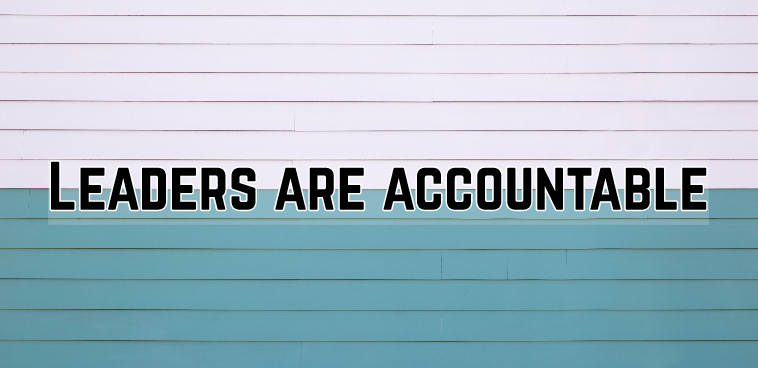Two chiefs recently took responsibility for their actions, with very different outcomes but one unified intention: holding themselves accountable.
The first chief is Gen. Mark Milley, chairman of the Joint Chiefs of Staff. Milley made an apology that was succinct and to the point as he gave a commencement address to the students at the National Defense Institute.
“As many of you saw, the result of the photograph of me at Lafayette Square last week — that sparked a national debate about the role of the military in civil society. I should not have been there. My presence in that moment and in that environment created a perception of the military involved in domestic politics.”
Milley was photographed in battle fatigues during President Donald Trump’s stroll into Lafayette Park. Later, Milley was seen inspecting and chatting with National Guard troops called in to ensure order in the streets. Before this event, Milley had argued against the president’s insistence on mobilizing troops onto the streets of Washington. Milley did not believe the mostly peaceful situation warrented soldiers confronting civilians.
Milley also released a message to the troops upholding the right of peaceful protest. He added a postscript written in his own hand, “We all committed our lives to the idea that this is America. We will stay true to that and the American people.”
The second chief is Erika Shields. As Atlanta chief of police, Shields held herself accountable to citizens after the fatal police shooting of a black man, Rayshard Brooks, at a Wendy’s restaurant.
“For more than two decades, I have served alongside some of the finest women and men in the Atlanta Police Department. Out of a deep and abiding love for this City and this department, I offered to step aside as police chief,” she said. “APD has my full support, and Mayor Bottoms has my support on the future direction of this department. I have faith in the Mayor, and it is time for the city to move forward and build trust between law enforcement and the communities they serve.”
Before her resignation, Shields had won praise for her willingness to listen and to hold the police back from infringing on the rights of protesters to march. One day she marched with them.”Our posture in Atlanta is one of tolerance,” she said then. “It’s the birthplace of civil rights.”
Accountability matters
Interestingly, both leaders shine a light on what it means to be accountable. Milley, he owned his mistake. He should not have been involved in a photo op in the wake of hostile action against peaceful protesters. Shields was nowhere near the fatal shooting incident, but as the highest-ranking police officer, she took the fall.
This raises the question of whether Milley, as some have suggested, should have resigned because he was directly culpable for poor judgment? And, in turn, should Shields have remained on the job to rectify the situation? (It is possible Bottoms wanted Shields out and allowed her to go gracefully with resignation rather than a firing.)
Only these two individuals know the full answer. But their actions reveal the challenges that leaders in crisis face. One, that’s it difficult. Two, judgment is everything. A colleague of mine, a retired Army general, likes to say that “you’re always responsible,” meaning the top person is accountable for the actions of subordinates.
The decision to resign upon discovery of ethical transgressions such as embezzlement or sexual assault is cut and dried. Go soon, and don’t let the door hit you on the way out. The decision to resign when mistakes occur under your watch mostly comes down to perception.
So when problems occur, the person at the top must ask him or herself the following questions:
- Does what happened demand my stepping down?
- If I remain, can I correct the problem, or would it be better for a new person to take over?
- Do I still have the faith and trust of my subordinates?
The late Pat Summitt, the legendary basketball coach at the University of Tennessee, said, “Responsibility equals accountability equals ownership. And a sense of ownership is the most powerful weapon a team or organization can have.”
Own your mistakes, and hold yourself accountable for what comes next.
John Baldoni is an internationally recognized keynote speaker and executive coach who provides his services via video conference. In 2018, Trust Across America honored him with a Lifetime Achievement Award in Trust. Also in 2018, Inc.com named Baldoni a Top 100 Leadership Speaker. In 2020, Global Gurus once again named Baldoni a top 30 global leadership expert, a list he has been on since 2007. In 2014, Inc.com named Baldoni to its list of top 50 leadership experts. Baldoni is the author of 14 books, including “MOXIE: The Secret to Bold and Gutsy Leadership” and his newest, “GRACE: A Leader’s Guide to a Better Us.” You can find his tips on leading in a crisis here.
If you enjoyed this article, sign up for SmartBrief’s free e-mails on business leadership and HR, among more than 200 other free industry-focused newsletters.
